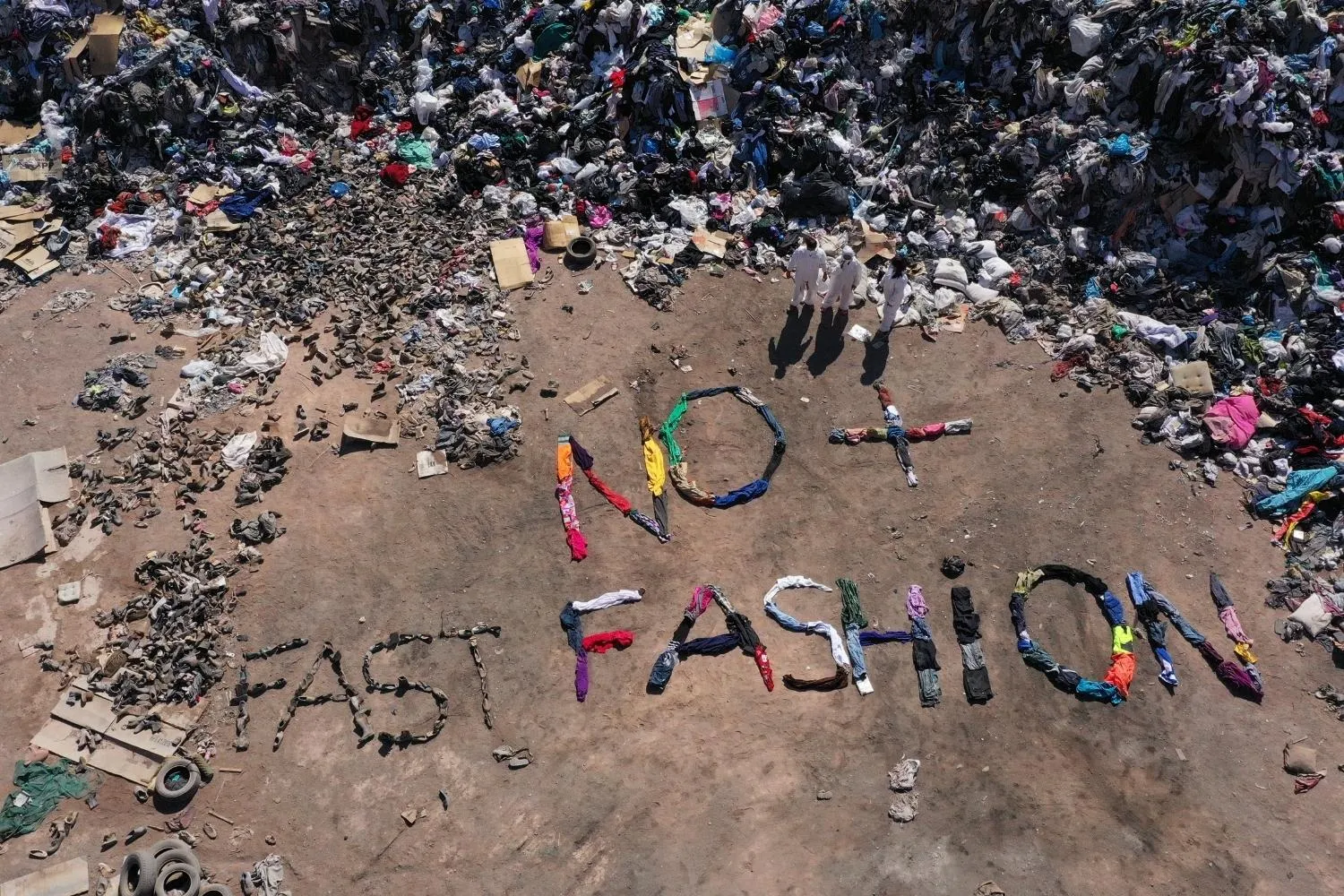SDG NEWS RISING STAR: Reene Smith‘s journey from the pristine beaches of Grenada to the forefront of marine conservation epitomizes dedication and passion for the ocean. Featured in the Peace Boat United Nations Decade of Ocean Science for Sustainable Development’s Youth for the SDGs profiles, Reene stands out for her exceptional commitment to preserving marine ecosystems. This year Reene also joined Blue Planet Alliance as a Global Ambassador, working towards 100% renewable energy for island nations.
What Is Peace Boat
Peace Boat is a Japan-based international NGO that promotes peace, human rights, and sustainability. Established in 1983, it holds Special Consultative Status with the Economic and Social Council (ECOSOC) of the United Nations (UN). Peace Boat carries out its main activities through a passenger ship that travels the world, working in partnership with the UN SDG Action Campaign. These activities onboard and in port empower participants, strengthen local capacity for sustainability, and foster people-to-people cooperation beyond borders. The voyages, run on a social business model, blend sustainable tourism, lifelong learning, and friendship activities with educational programs, cooperative projects, and advocacy.
A Passion Ignited by Nature
Born and raised on the Caribbean island of Grenada, Reene’s fascination with the marine world was sparked early by the island’s diverse aquatic ecosystems. “This small island is made up of pristine white and black sand beaches with amazing aquatic ecosystems, from wetlands to coral reefs, that create habitats for an array of organisms,” said Reene. “I have spent most of my childhood years on the beach. There’s no better place to spend your time while living on an island.”
Reene’s academic journey began with an associate degree in Sociology and Geography in 2012, where she delved into the intricate relationship between humans and nature. This foundation led her to pursue a Bachelor of Science in Marine, Wildlife, and Conservation Biology from St. George’s University. “Though science was not my strong suit, I was still determined to learn. I would say the passion for marine science came from experiencing the human impacts on these valuable ecosystems and seeing how they have changed over the years,” Reene Smith shared. Her studies focused on tropical marine ecology, ocean health, and the effects of climate change on biodiversity.
Diving Deep into Conservation
In 2015, Reene became a PADI Divemaster, which deepened her connection to the ocean through numerous dives and interactions with diverse marine life. Her diving experiences, including encounters with sharks, sea turtles, dolphins, and rays, at depths of up to 130 feet, have fueled her dedication to ocean conservation. “Scuba diving with dolphins in the wild is an amazing experience. They’re very friendly and curious animals. I’ve had one encounter with three dolphins that appeared to be a family. The experience was very astonishing as they’re very playful,” Reene Smith recounted.
Among her favorite dive spots is the Bianca C shipwreck in Grenada, known as the ‘Titanic of the Caribbean,’ where she has encountered spotted eagle rays, sea turtles, and barracudas.
Facing Climate Change Challenges
Reene’s work is deeply informed by the challenges faced by Small Island Developing States (SIDS) in the face of climate change. Highlighting the urgency of this issue, she shared her perspective: “SIDS are increasingly experiencing extreme weather events such as hurricanes, as recently affected by Hurricane Beryl. These storms are becoming more frequent and intense due to warmer ocean temperatures. The destruction caused by such events can be catastrophic, wiping out infrastructure, homes, and livelihoods in a matter of hours. The economic toll is staggering, and the recovery process is long, often pushing these small economies into deeper debt and poverty. The plight of SIDS is a serious reminder of the urgent need for global action on climate change. While these nations contribute minimally to global greenhouse gas emissions, they bear the brunt of its impacts. It is a moral imperative for the international community to support SIDS through various means. The impacts of climate change on SIDS are profound and multifaceted, posing existential threats to their environments, economies, and communities. It is a crisis that demands our immediate and collective action. By standing in solidarity with SIDS, we uphold the principles of justice, equity, and shared humanity, ensuring that no nation is left to face the ravages of climate change alone.”
A Career in Environmental Stewardship
Currently employed with the Ministry of Climate Resilience, the Environment & Renewable Energy of Grenada, Reene is dedicated to preserving the natural beauty of her home island and mitigating the adverse effects of human activity on biodiversity. Her ambition doesn’t stop there; she plans to pursue graduate studies in Environmental Remediation and Pollution Control. “Throughout my studies, I have become increasingly familiar with concepts and key issues related to tropical marine ecology and the impacts of climate change on fisheries, fish physiology, and ecology,” Reene Smith explained. She hopes to investigate how human impacts affect the community structure of marine ecosystems and aims to mitigate environmental issues caused by human activities.Reene’s journey exemplifies the spirit of the United Nations World Oceans Day theme, “Awaken New Depths.” As she continues to explore the vastness of the ocean and its importance for deep-sea animals and biodiversity, Reene Smith is undoubtedly a rising star in the realm of marine conservation.

 Follow SDG News on LinkedIn
Follow SDG News on LinkedIn











